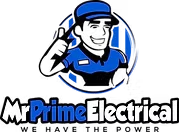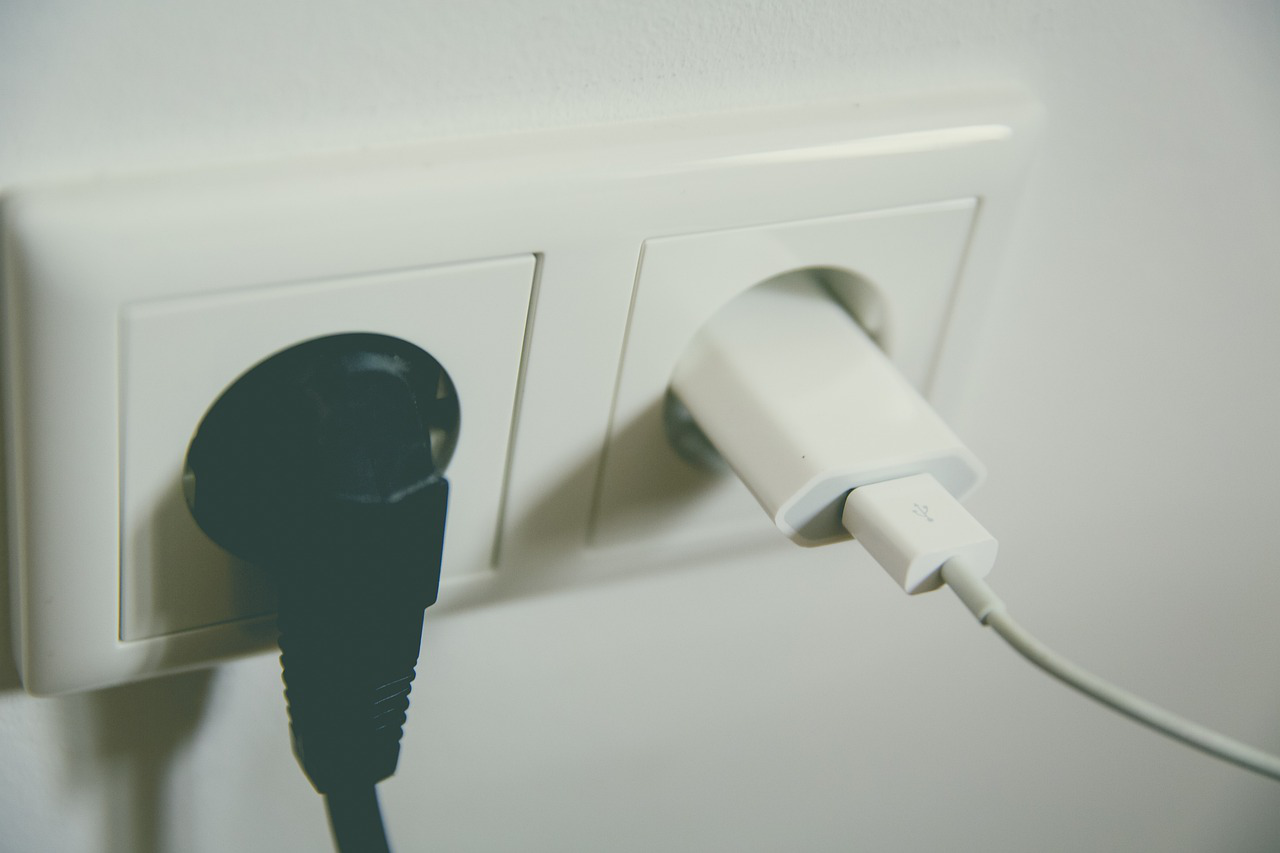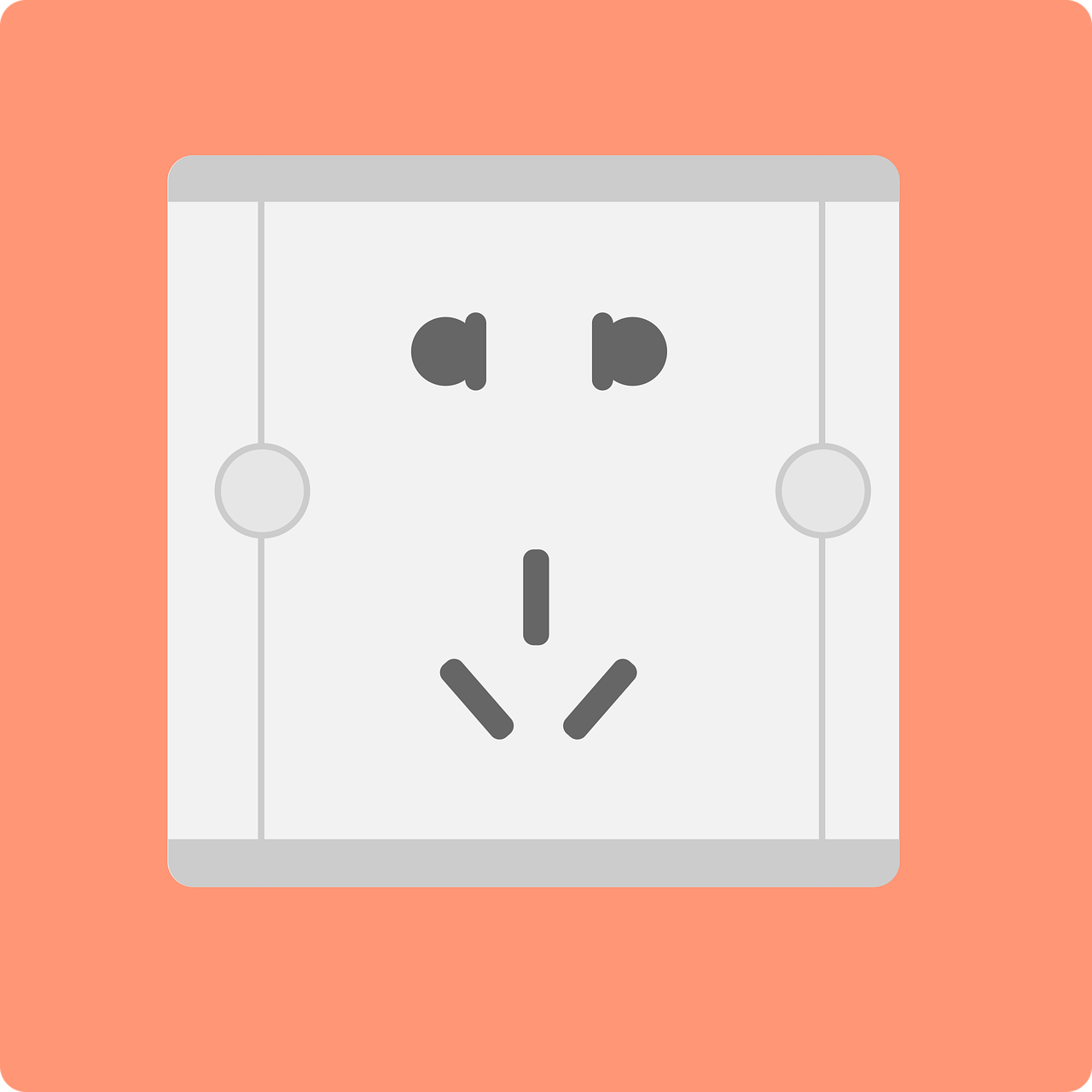A well-equipped garage or workshop can make a huge difference in how productive and safe your DIY projects or repairs are. Whether you’re plugging in power tools, setting up lighting, or charging equipment, having enough outlets in the right locations is essential. But when it comes to installing new outlets, safety and expertise matter. That’s where a qualified residential electrician comes in.
Why Adding Outlets Isn’t a DIY Job
It might seem simple to install an extra outlet or two—but working with electricity can be dangerous without the right training. Mistakes can lead to electrical shocks, fires, or code violations. Professional residential electricians understand the nuances of wiring, local codes, and load balancing to ensure every outlet is installed safely and efficiently.
Planning the Right Number and Placement of Outlets
Before starting the installation, think about how you use your garage or workshop:
- Do you use multiple power tools at once?
- Will you need outlets on every wall?
- Are you installing fixed equipment or lighting?
A residential electrician can evaluate your power needs and design a layout that minimizes the use of extension cords (which are safety hazards when used long-term) and maximizes convenience. This kind of planning also ensures your circuit panel can handle the new demand.
Upgrading Your Electrical Panel
Garages and workshops often require more power than the rest of the house, especially if you’re running heavy-duty equipment. If your current panel is outdated or near capacity, you might need an upgrade before adding more outlets.
A residential electrician can assess whether your existing system supports the additional outlets or if you need a service panel upgrade—like moving to a 200-amp panel to handle modern power demands safely.
Choosing the Right Outlets and Protection
Garages and workshops are often exposed to moisture, dust, or chemicals, which means outlets in these areas need special protection. A licensed electrician will:
- Use GFCI (Ground Fault Circuit Interrupter)outlets to reduce the risk of electrical shock
- Install weatherproof coversin areas exposed to moisture
- Select heavy-duty outlets capable of handling high-powered tools
Your electrician may also recommend installing dedicated circuits for specific tools to prevent overloads and tripped breakers.
Staying Code-Compliant
Local electrical codes vary by region, and they dictate everything from outlet height to the type of wiring used. A licensed residential electrician knows the latest National Electrical Code (NEC) requirements and ensures all work passes inspection. This not only guarantees safety but also protects you when it’s time to sell your home or get insurance.
Conclusion
Adding outlets to your garage or workshop can enhance functionality and improve safety—when done right. Partnering with a professional residential electrician ensures your upgrades meet your needs and comply with all electrical safety standards.
Get Safe and Efficient Electrical Installations from Mr. Prime Electrical
Trust Mr. Prime Electrical for expert residential electrical wiring in Burlingame, San Carlos, and South San Francisco. We deliver safe, code-compliant installations tailored to your home’s needs. Schedule your upgrade today!



